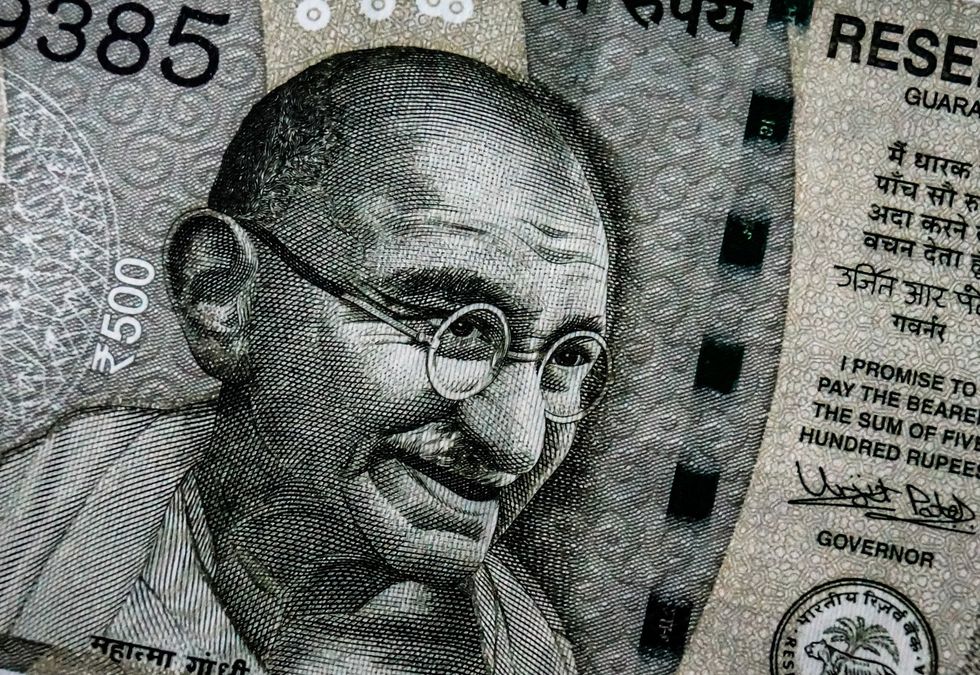Three things you may not have known about one of India's most famous men
His illustrious career as a freedom fighter did not start in India
When Gandhi finished law school in the UK in 1891, he actually did not find success practicing law in India; his law practice fell apart in about a year because Gandhi "lacked knowledge" of Indian law. Therefore, in 1893, Gandhi left India and arrived in South Africa. There he founded a newspaper, the Indian Opinion, and worked to increase the civil rights of the large Indian population in places like Natal, South Africa, and the Transvaal. In fact, during his fight for Indian rights in British South Africa, Gandhi pioneered Satyagraha, his famous principle of nonviolence and noncompliance against oppressive government policies, as he protested British laws attempting to strip South African Indian of the right to vote, the right to own property, as well as other fundamental liberties.
2. He experimented with utopian living communities
During his time in South Africa, Gandhi also tried to get entire groups of supporters to accomplish a "monastic ideal" by undertaking an extremely moral life of seclusion and self-perfection, away from industry and civilization. In particular, one the Gandhi's utopian communities, the Phoenix Settlement, was involved with publishing the Indian Opinion. Various community members did different jobs, from printing to type setting, all day and were usually not paid. Interestingly, Gandhi rejected any form of mechanized publication technology because he believed that people could reach the highest "moral uplift" if they did everything by hand in the community, slowly and steadily. Closed after Gandhi's death in 1948, the settlement (or ashram as Gandhi referred to it as) was reopened in 2000 by the South Africans as a "beacon of peace and reconciliation."
Gandhi was against sex for pleasure
On a very different note from newspapers and Africa, Gandhi believed that all sex not done specifically for procreation was simply mere "lust" and that marriages needed to be "spiritual" (i.e. celibate outside of reproduction). He made these sentiments clear during a meeting with birth control advocate Margaret Sanger in 1935, where he argued that wives should "resist" their husbands' "animal passion" and that for that reason, contraception was largely unnecessary. In fact, in a bizarre example of this anti-sex resolve, Gandhi often asked his teenage grandnieces to sleep with him naked at night to test his carnal control mechanisms. To say that is is perverse is an understatement; let's hope that Gandhi never succumbed to his "lust" during these times.

















